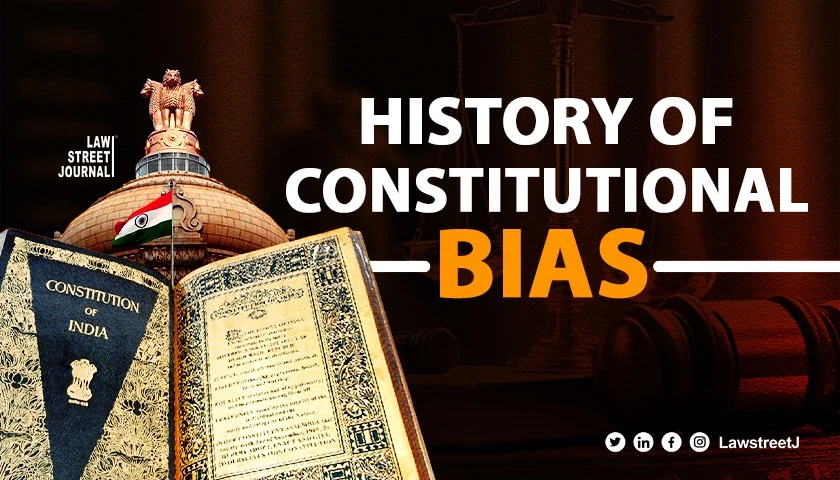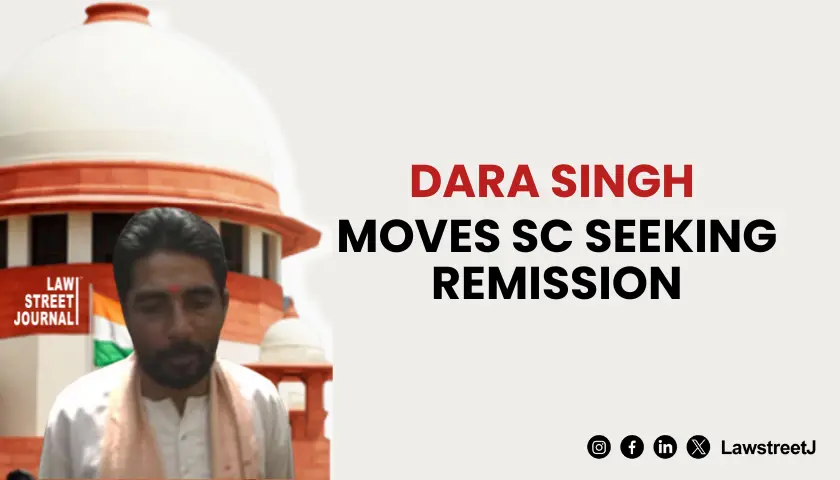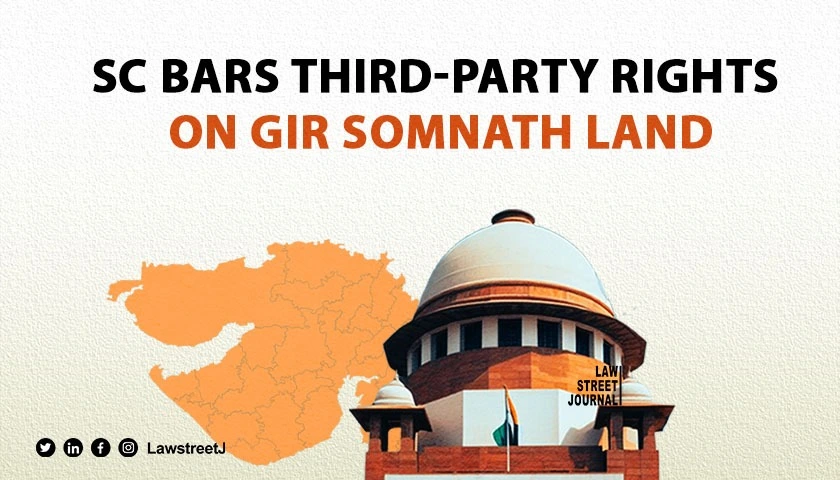New Delhi: India's legislative history has profoundly influenced its secular identity and the rights of its Hindu majority. Over the decades, numerous laws, particularly those enacted under Congress rule, have ignited intense debates regarding their effect on the nation's secular framework and the perceived restrictions on Hindu practices and institutions. This article delves into several pivotal laws, critically examining their implications for India's secularism and Hindu rights, and highlighting the resultant disparities between the majority and minority communities.
Constitutional Bias Under Articles 25, 28, and 30 of the Indian Constitution (1950)
1. Article 25: Freedom of Religion
Article 25 guarantees the freedom of religion to all citizens. However, critics argue that this provision has often been leveraged to justify religious conversions, which are seen as a threat to the demographic balance of the Hindu community. The concern is that the freedom to propagate religion has led to aggressive conversion tactics, particularly in rural and tribal areas.
2. Article 28: Religious Instruction in Educational Institutions
Article 28 prohibits religious instruction in educational institutions wholly funded by the state. This has effectively halted Hindu religious education in government schools, while private institutions, including those run by religious minorities, can teach their doctrines. Consequently, there is a perceived imbalance, as Hindu children attending government schools do not receive the same religious education opportunities.
3. Article 30: Rights of Minorities to Establish and Administer Educational Institution
Article 30 allows minorities to establish and administer their educational institutions, which has been viewed as providing special privileges to Muslims and Christians. This provision has impacted the traditional Gurukul system, a cornerstone of Hindu education, by limiting the support and expansion of similar institutions for Hindus.
Leveraging Article 25 to facilitate religious conversions aims to create a demographic imbalance. This strategy, combined with the prohibition of religious instruction in state-funded schools under Article 28, fosters educational inequality. Additionally, Article 30 grants special privileges to minority religions, allowing them to establish and administer their own educational institutions. This framework is perceived as undermining the traditional Hindu Gurukul system and restricting similar opportunities for Hindu institutions.
Legislative Bias Creating Disparity Since (1951 to 2009)
The series of legislative acts appear to collectively aim at suppressing the Hindu community and weakening its institutions.
The Hindu Religious and Charitable Endowments Act (1951)
The HRCE Act enabled state governments to take over Hindu temples and their revenues. While the intention was to ensure transparency and proper management, it has resulted in extensive government control over temple funds. Many argue that these funds should be exclusively managed by the Hindu community for religious and charitable purposes.
The Hindu Code Bill (1956)
The Hindu Code Bill reformed Hindu personal laws related to marriage, inheritance, and family matters. However, it did not address similar reforms for other communities, leaving Muslim personal law unchanged, including practices like polygamy. Critics contend that this legislative disparity has influenced demographic trends and created an uneven playing field.
Secularism in the Constitution (1975)
During the Emergency period (1975-77), the word "Secular" was inserted into the preamble of the Indian Constitution. Critics argue that this was done without sufficient public debate and imposed a Western concept of secularism on a historically pluralistic society. This move has been seen as an attempt to redefine India's secular identity in a manner that does not fully align with its cultural heritage.
The Places of Worship (Special Provisions) Act (1991)
The Places of Worship Act aimed to maintain the religious character of places of worship as it was on August 15, 1947. However, this effectively froze the status of numerous disputed religious sites, preventing Hindus from reclaiming historical temples that had been converted into mosques. This has been a point of contention, especially in cases where there is historical evidence of temple destruction and conversion.
The Waqf Act (1995)
The Waqf Act granted extensive powers to Waqf boards to manage and claim properties. Critics argue that this has led to the arbitrary expansion of Waqf properties, often encroaching on private and public lands. This legislation has made Waqf one of the largest landowners in India, raising concerns about fairness and transparency.
The Hindu Religious and Charitable Endowments Act (1951) empowered state governments to seize control of Hindu temples and their revenues, significantly undermining the autonomy and financial stability of these religious institutions. The Hindu Code Bill (1956) brought sweeping reforms to Hindu personal laws, including marriage, inheritance, and family matters, reshaping traditional practices and potentially disrupting the social fabric of the Hindu community. In 1975, the constitutional embedding of secularism introduced a Western notion of secularism, which challenged the historically pluralistic nature of Indian society and seemed to marginalize Hindu cultural and religious values. The Places of Worship (Special Provisions) Act (1991) barred Hindus from reclaiming historical temples that had been converted into mosques, thereby curbing religious restitution and justice for historical grievances. Furthermore, the Waqf Act (1995) granted extensive powers to Waqf boards, allowing them to take control of 854,509 properties, covering more than eight lakh acres of land across India. This consolidation of control over significant assets by Waqf boards contrasts sharply with the restrictions imposed on Hindu temples, suggesting a deliberate imbalance. On one hand, the government took control over temple money and land, while on the other hand, it endowed Waqf boards with unlimited powers to acquire as much land as they desired. This pattern of legislation appears to systematically weaken the Hindu community's economic and cultural institutions while simultaneously strengthening others.
The Ram Setu Affidavit (2007)
In 2007, the government's affidavit in the Supreme Court denied the historical existence of Lord Rama, an iconic figure in Hindu belief. This move was widely perceived as an affront to Hindu cultural heritage, sparking widespread outrage. Many viewed it as a deliberate attempt to undermine and delegitimize Hindu traditions and beliefs.
Linking Saffron with Terrorism (2009)
During the UPA regime, the term "saffron terror" was coined, equating Hindu symbols and culture with extremism. This narrative aimed to malign Hindu religious and cultural identity, portraying the majority community as radical and dangerous. This move further alienated Hindus and created a perception of Hinduism being linked to terrorism.
When viewed together, these actions and policies suggest a pattern of undermining Hinduism, weakening its institutions, and portraying its cultural and religious symbols in a negative light. This narrative appears to be a deliberate attempt to marginalize and diminish the significance of Hinduism in India's cultural and social landscape.
Consequences and Reflections
The cumulative effect of these laws has been profound. Many believe they have eroded traditional Hindu rights, led to state interference in religious affairs, and created a perception of bias in favor of minority communities. Historical temples have lost autonomy, traditional educational systems have been dismantled, and religious symbols have been politicized.
Critics argue that these legislative actions reflect a deep-seated bias, leading to an environment where Hindus feel marginalized in their own country. This sentiment has fueled movements advocating for the restoration of Hindu rights and a reevaluation of India's secular framework.
As India advances on the global stage, it faces the challenge of balancing its rich cultural heritage with modern secular principles. Ensuring equal rights and opportunities for all communities while respecting historical and cultural contexts is crucial. The current government has made efforts to address these imbalances, but the issue remains contentious and polarizing. Historical legislative measures have left a significant impact on India's socio-religious landscape. Understanding these laws' implications is essential for framing future policies that honor the nation's diverse heritage while promoting inclusivity and equality.









![SC upholds validity of UP Madrasas Act, allows state to regulate such institutions [Read Order]](/secure/uploads/2024/11/lj_5218_Madras_Act_thumbnail.webp)




